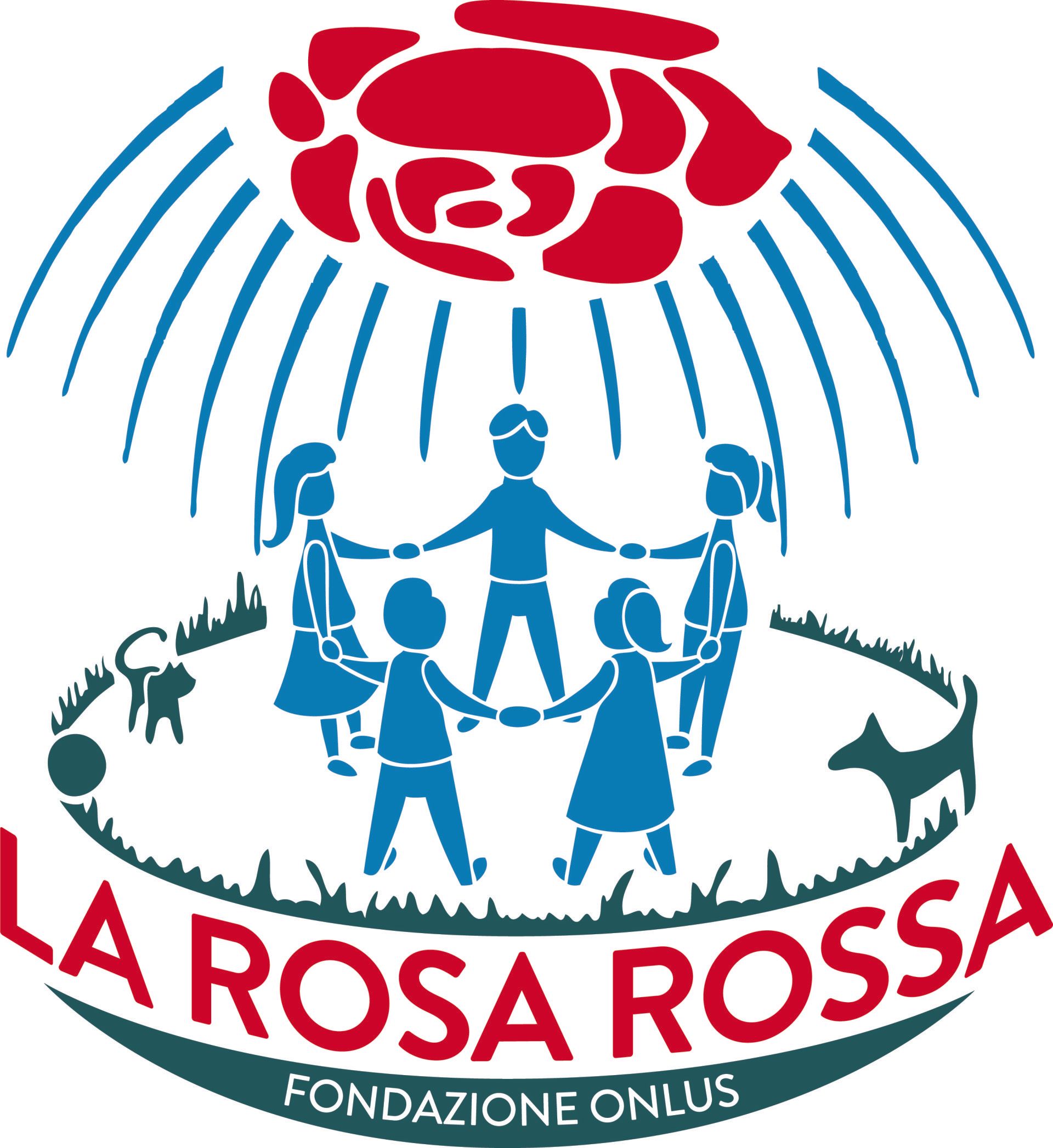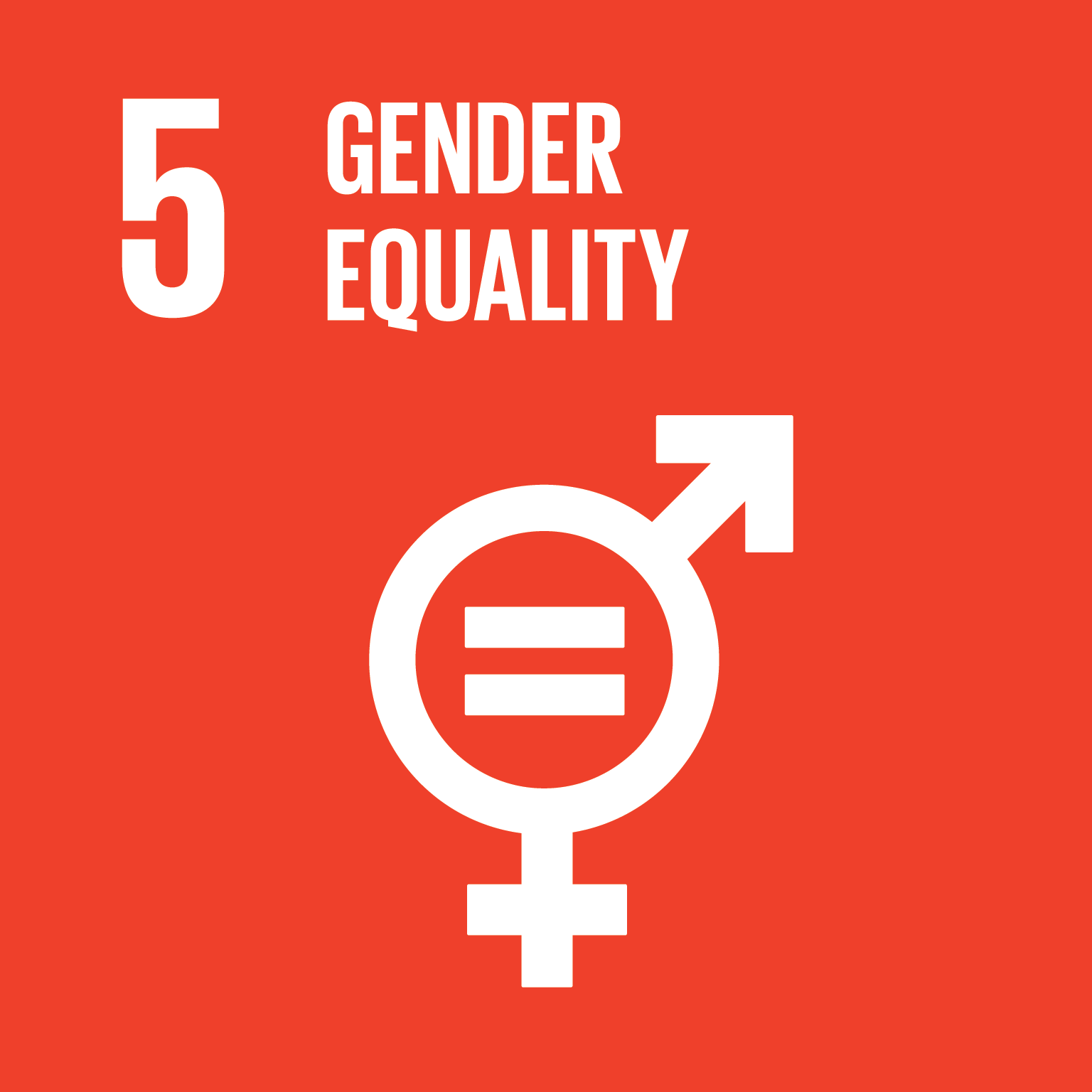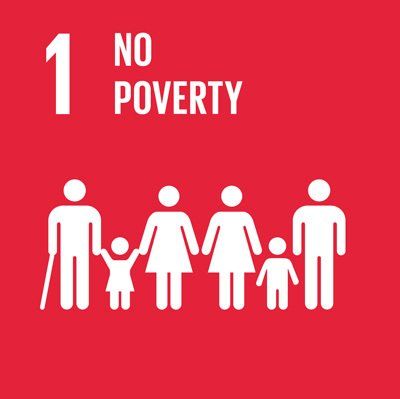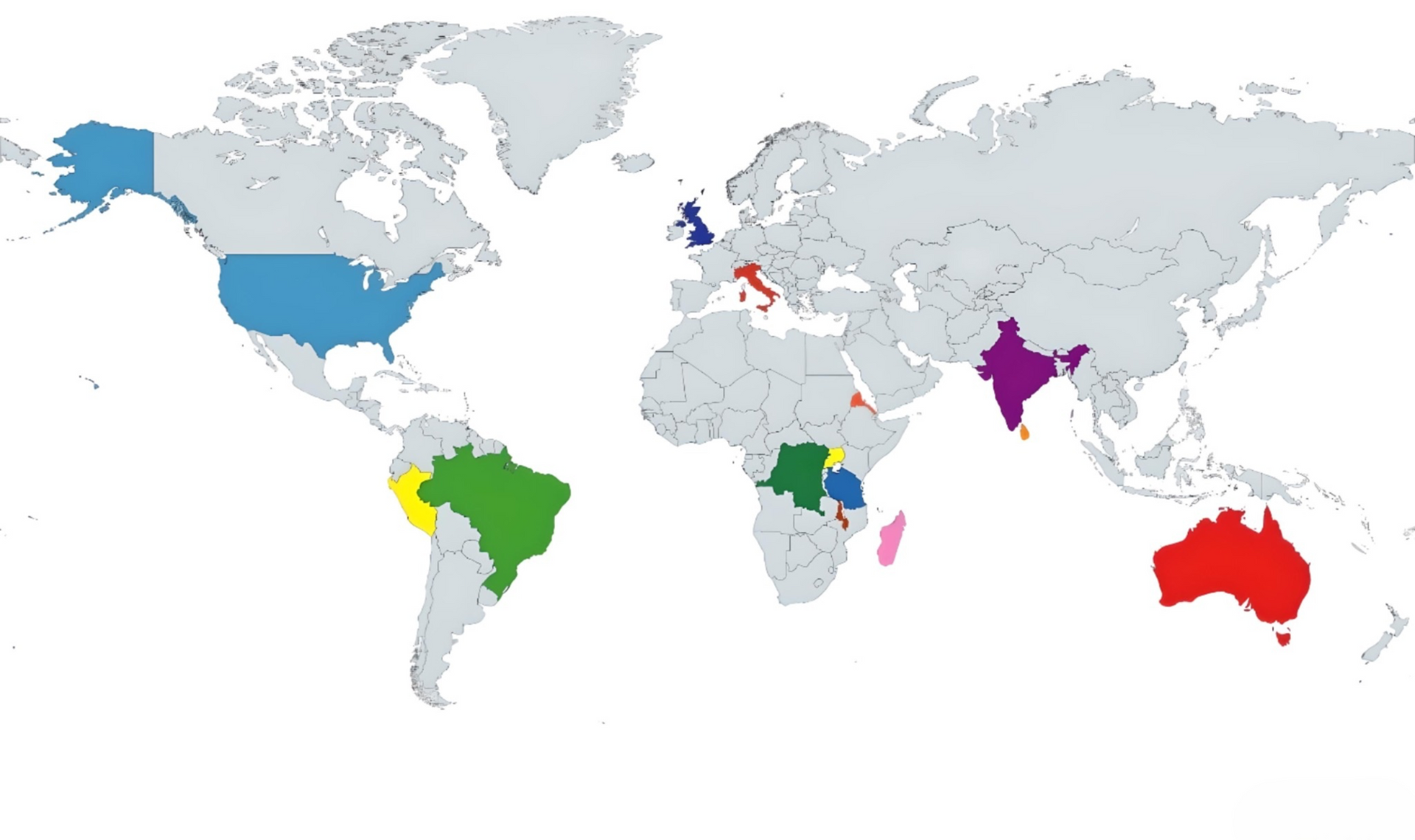PERU
in this photo: "Vasquez Lopez - Rosa Rossa" Youth center.
"vasquez lopez - rosa rossa"
youth center
In the Andean region of Huamachuco, Rosa Rossa and our local partner are carrying out an ambitious project for a Youth Center.
In order to counter the remoteness and limited educational opportunities in the region (in the Andes, at an altitude of about 30,000 feet), this center offers distance learning courses, in foreign languages and other subjects. The center also offers limited sports activities and cultural classes (such as classes in traditional music and dance).
activities already in progress
a multi-year commitment, with tele-teaching from the capital
40
40 children and young people assisted by the Center so far
3
Three teachers who do entertainment and after-school at the weekend
1+1
A small basketball court and a ping pong table
10
ten musical instruments donated
support to youth centers and
after-school activities
(chiclayo)
In northern Peru (the poorest part of the country), Rosa Rossa supports various youth centers. These centres are mainly located in marginalised areas, including favelas and informal urban settlements.
In addition to supplying support teachers and organising recreational activities for the children, these centres often offer a "Listening Service" to family experience financial and relational difficulties. These centers are also active in the fight against domestic violence, and school abandonment (which has tripled due to the effects of the COVID epidemic).
These youth centres also often provide aid to the populations migrating from the mountains or from within the country, and even to the many Venezuelan refugees who are currently pouring into Peru on foot from Venezuela.
activities offered by the youth centers
1000
More than 1000 hours of tuition / school support per year
3
3 medical and psychological outreach campaigns already carried out
4
4 youth centres receiving full-time support by Rosa Rossa
2000
More than 2000 beneficiary children and mothers
micro-credit for farmers
(high andes)
Also in Peru, Rosa Rossa is working to ensure the nutritional self-sufficiency of the most marginalized agricultural communities. For this reason, in the Andean district of Huamachuco the Foundation has launched a complex microcredit project, for the creation of new farm-animal breeders. In fact, Pastoral farming is the only viable local agricultural activity due to the quality of the terrain and the cold high-altitude climate.
In addition to donating the first 32 sheep, a Rosa Rossa veterinarian provided free training, immunisation and capacity building program for 24-36 months to a group of beneficiary families. At the end of the program, the beneficiary families are expected to become economically self-sufficient, by having a self-sustaining flock of sheep that produces milk and wool for sale.
The project will also help reduce child malnutrition in the village, through the production of good quality milk and meat.
activities already completed
32
32 'Rusticidad' sheep donated to 5 families of new farm-animals breeders
40
40 Peruvian rabbits ('Cuyes') donated to 5 more families, for breeding
2
Two courses given on site, in sheep and rabbit breeding
1
A expert veterinarian, for training vaccination of the animals
AGRICULTURAL MICRO-CREDIT











